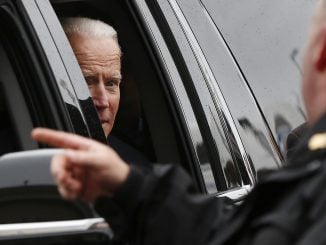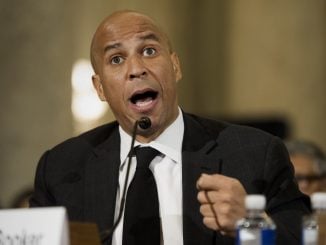RALEIGH — President Donald Trump has won the state of North Carolina and the state’s 15 electoral votes, but who casts those votes and how does the process work?
Who are the North Carolina electors?
Right now, the electors have not been publicly named, but those names will be sent to the N.C. Secretary of State once the election results have been certified.
According to Article 13, Chapter 163 of the North Carolina General Statutes, the electors are chosen by the political parties in the state. The electors are typically chosen in advance by each party in anticipation of the final results.
With Trump defeating former Vice President Joe Biden, the electors selected by the Republican Party of North Carolina will cast the votes.
Are the electors paid?
Yes, the electors receive a total of $44 per day plus traveling expenses at the rate of 17 cents per mile in going to and returning home from the required meeting.
Why 15 electors?
The U.S. Constitution dictates that the electors for each state will be equal to its total representation in both houses of Congress. For North Carolina, the state has two senators and 13 representatives, so the state receives 15 electoral votes.
The Electoral College is made up of 538 electors, and 270 electoral votes is the threshold required to elect the president.
When the electors meet on Dec. 14, they will cast votes for president and vice president. North Carolina’s electors will gather at the Old State Capitol building at noon that day to vote; whereas, other electors may gather in the District of Columbia.
What happens after the electors vote?
Following the casting of votes by the electors, the results are given to the N.C. Secretary of State, who then transmits them to the governor.
Gov. Roy Cooper will then issue a proclamation that, according to statute, will “be published in the daily newspapers published in the City of Raleigh.” Up until the proclamation is made, the names of the electors are not made public.
Following the casting of votes by the Electoral College, Congress will then count the vote during a joint session on Jan. 6, 2021. The tally of that vote will confirm who the next president and vice president of the United States will be.
What if an elector fails to show up?
A designated elector who fails to attend and vote for the candidate of the political party which nominated the elector has to pay to the state $500. That money will be remitted to the Civil Penalty and Forfeiture Fund.
Additionally, if an elector doesn’t show up to vote, or refuses to vote for the candidates of the political party which nominated them as an elector, that will “constitute a resignation from the office of elector” and his or her vote shall not be recorded. The remaining electors are required to then fill that vacancy to proceed.
Under certain circumstances, the legislature can appoint electors if no appointments have been made six days prior to the designated meeting day for the electors. If no appointments are made by the legislature the day before electors are set to meet, then the governor may make appointments.


